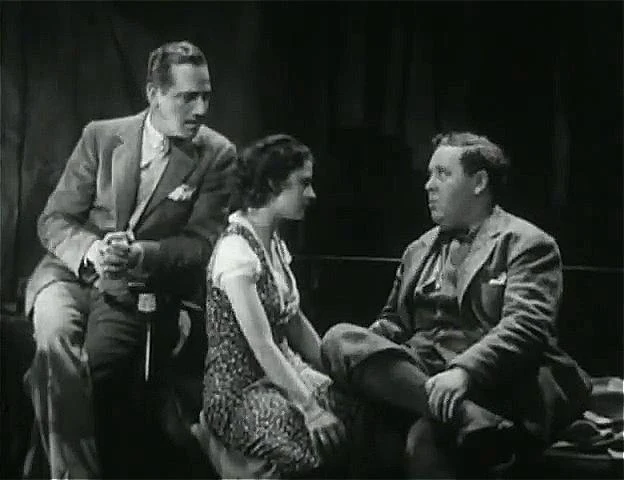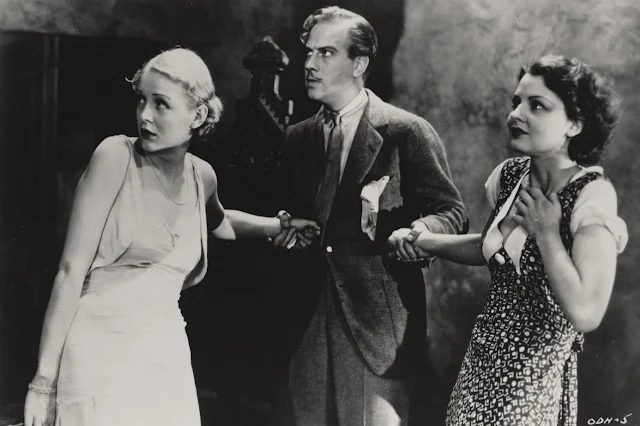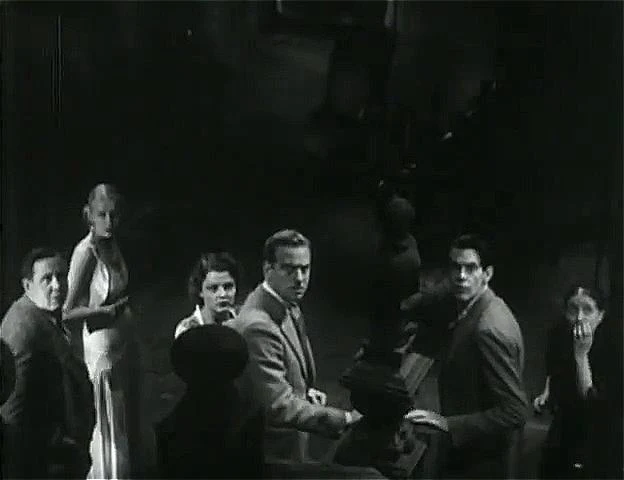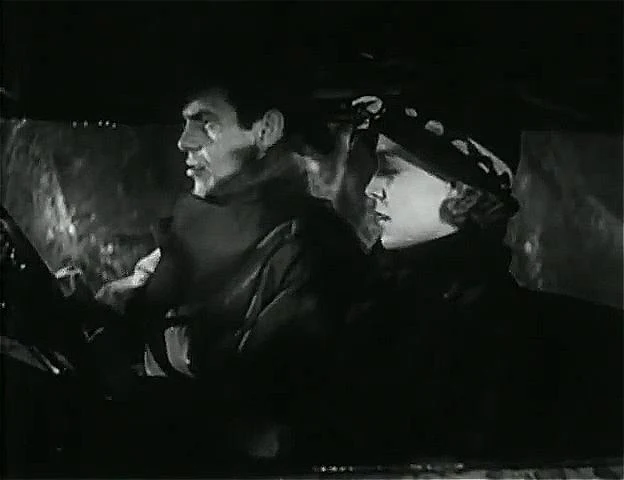A blog formerly known as Bookishness / By Charles Matthews
"Dazzled by so many and such marvelous inventions, the people of Macondo ... became indignant over the living images that the prosperous merchant Bruno Crespi projected in the theater with the lion-head ticket windows, for a character who had died and was buried in one film and for whose misfortune tears had been shed would reappear alive and transformed into an Arab in the next one. The audience, who had paid two cents apiece to share the difficulties of the actors, would not tolerate that outlandish fraud and they broke up the seats. The mayor, at the urging of Bruno Crespi, explained in a proclamation that the cinema was a machine of illusions that did not merit the emotional outbursts of the audience. With that discouraging explanation many ... decided not to return to the movies, considering that they already had too many troubles of their own to weep over the acted-out misfortunes of imaginary beings."--Gabriel García Márquez, One Hundred Years of Solitude
Search This Blog
Showing posts with label Clarence Kolster. Show all posts
Showing posts with label Clarence Kolster. Show all posts
Sunday, December 29, 2019
Waterloo Bridge (James Whale, 1931)
Waterloo Bridge (James Whale, 1931)
Cast: Mae Clarke, Douglass Montgomery, Doris Lloyd, Frederick Kerr, Enid Bennett, Bette Davis, Ethel Griffies, Rita Carlyle, Ruth Handforth. Screenplay: Benn W. Levy, Tom Reed, based on a play by Robert E. Sherwood. Cinematography: Arthur Edeson. Art direction: Charles D. Hall. Film editing: Clarence Kolster, James Whale. Music: Val Burton.
If I had to name a favorite underappreciated director, I think it might be James Whale, best known for Frankenstein (1931) and its even better sequel Bride of Frankenstein (1935) but also for the first (and best) sound version of Show Boat (1936) and for the semi-spoofy The Old Dark House (1932). Whale had a gift for irony and for spiking things with a bit of acid wit -- something that becomes apparent when you compare his version of Waterloo Bridge with Mervyn LeRoy's somewhat mushier 1940 film. MGM tried to suppress Whale's film when it got the rights to make its own version of the Robert E. Sherwood play, but it didn't have to work hard: The Production Code had made the earlier version, which is more explicit about the fact that Mae Clarke's Myra is a streetwalker, unavailable for exhibition when it went into effect in 1934. As an actress, Clarke wasn't a patch on Vivien Leigh, who played Myra in the later film, but she doesn't really have to be; Whale's direction keeps the story moving and surrounds her with some strong performances, including Doris Lloyd as her tough-girl friend Kitty and Ethel Griffies as the landlady. I was puzzled when I saw her leading man, billed as Kent Douglass. I knew I'd seen him before, and it wasn't until I checked that I recognized him as the Douglass Montgomery who played Laurie in the 1933 Little Women. He's suitably callow in both parts, which acted to his detriment in establishing a career, though I prefer him to the ever-pretty, ever-vacant Robert Taylor, who played the same role in the 1940 Waterloo Bridge. Billed sixth in the cast, after Frederick Kerr and Enid Bennett, is Bette Davis, who plays Montgomery's sister, Janet -- a space-filler of a role. If Davis had been cast as Myra -- which she devoutly wanted to be -- this version of the story might not have been lost to sight for so long. It was stored in the vaults at Universal, where it was discovered in 1975 but not released until the 1990s.
Monday, October 28, 2019
The Old Dark House (James Whale, 1932)
The Old Dark House (James Whale, 1932)
Cast: Raymond Massey, Gloria Stuart, Melvyn Douglas, Boris Karloff, Ernest Thesinger, Eva Moore, Charles Laughton, Lilian Bond, Elspeth Dudgeon, Brember Wills. Screenplay: Benn W. Levy, based on a novel by J.B. Priestley. Cinematography: Arthur Edeson. Art direction: Charles D. Hall. Film editing: Clarence Kolster.
The title itself has an air of gleefully giving away what you're about to see. It's an old dark house and it's the only refuge from a storm that has Philip and Margaret Waverton (Raymond Massey and Gloria Stuart) and their friend Penderel (a slightly pudgy Melvyn Douglas) seeking shelter for the night. And when the disfigured butler Morgan (Boris Karloff, who else?) answers the door, you settle in for an evening of mostly tongue-in-cheek scary moments. The travelers are reluctantly invited in by Horace Femm (Ernest Thesiger) and his sister, Rebecca (Eva Moore), and just as reluctantly given dinner. Their meal of roast beef and potatoes -- the line "Have a potato" has never been funnier -- is interrupted by another pair of shelter seekers, Sir William Porterhouse (Charles Laughton) and his companion Gladys (Lilian Bond). They're an odd couple but not a spooky one: He's an uncouth industrialist who earned his knighthood and she's a chorus girl. But she's not his mistress, she explains to Penderel as the two of them start to hit it off together. She and Porterhouse just like one another's company, she says, and he likes to appear "gay" -- in the older meaning of the word, though you can be sure that director James Whale knew the current meaning, since he and Laughton and Thesinger were. There's also a centenarian in the attic and a madman in a locked room, and of course the lights go out and everyone finds themselves in some kind of peril. The Old Dark House was thought to be lost for a long time, but it was discovered and restored, for which we all should be glad.
Subscribe to:
Comments (Atom)





































